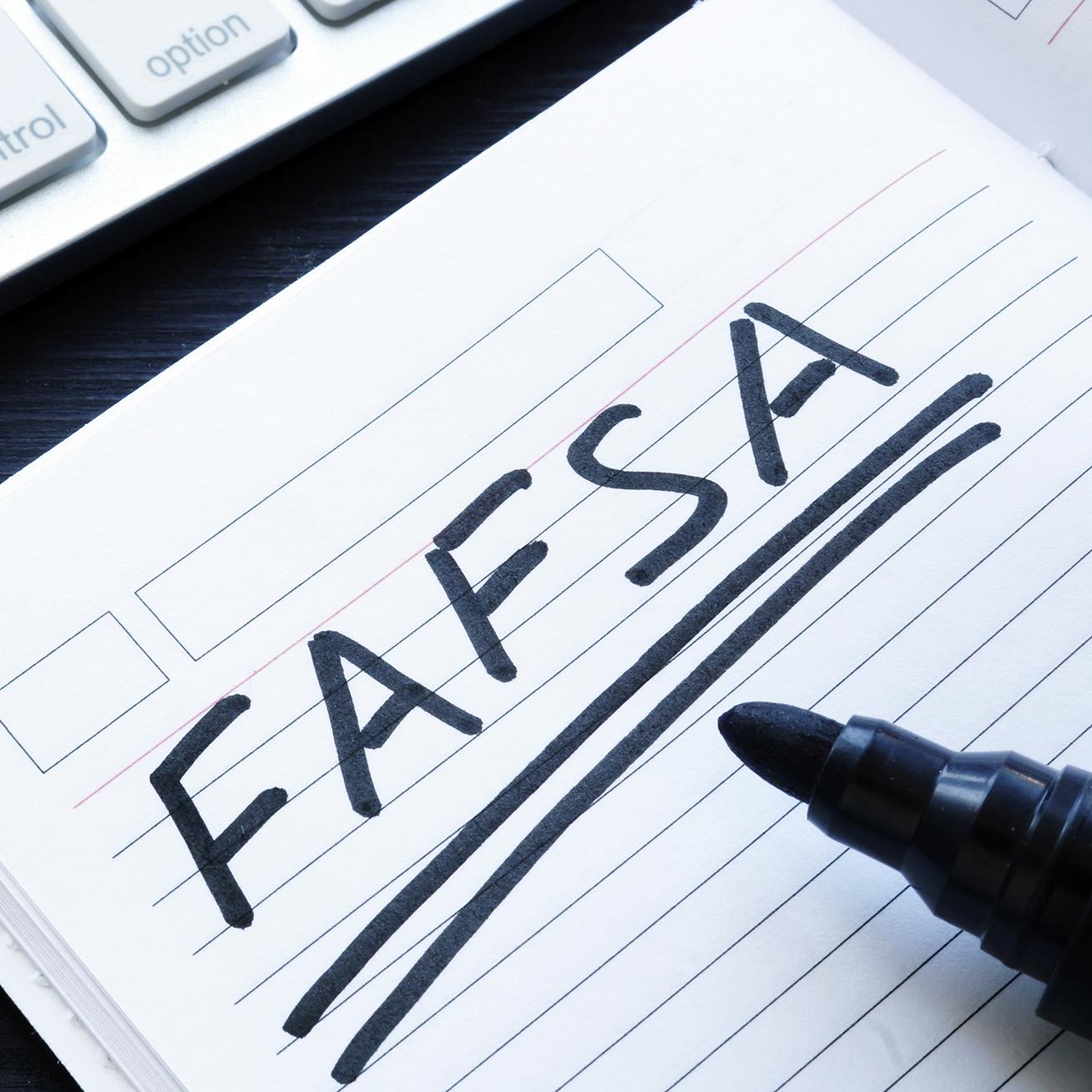
News
How to Pay for College During a Pandemic
Financial aid officers offer tips and guidance for worried students and families facing uncertainty due to the coronavirus
College financial aid offices are bracing for a wave of needier applicants this fall, even as they work to provide emergency funding to students already on campus.
The economic shock triggered by the coronavirus pandemic is hitting family budgets just as colleges are making aid offers for the coming school year. An unprecedented number of students are likely to need a reevaluation of their financial aid—and colleges are gearing up to respond.
“Financial circumstances are changing for families almost daily,” said Ronné Turner, vice provost of admissions and financial aid at Washington University in St. Louis. “Families may need more time simply because of the anxieties and pressure and stress happening right now.”
They may also need to file financial aid appeals—known as a request for “professional judgment”—at the colleges they’re considering. Under federal law, universities generally look at family income data that’s more than two years old when making aid decisions. “That was all based on the theory that most people’s income is very stable, and we’re now entering a point where very few people’s income is very stable,” said Rachelle Feldman, director of scholarships and student aid at the University of North Carolina. “We fully expect to get a large volume of appeals. Everyone’s life has really changed.”
Turner and Feldman spoke during an April 7 online workshop hosted by author and higher education analyst Jeff Selingo. They suggested that students start reaching out now if they’ve been drastically hurt by the pandemic, but they also cautioned that colleges may not have clear answers yet. (You can watch a recording of the webinar by registering on Zoom.)
“Right now, it’s very difficult to understand what fall is going to look like,” Turner said. “I can’t give you a date when we’re going to know that, because this is a very fluid situation.”

Zoom
A screenshot from Jeffrey Selingo's financial aid webinar
Schools are already getting questions about deferring admission or paying reduced rates if campuses remain online-only in the coming fall semester. Selingo said that many families of incoming students are reluctant to commit if there’s doubt about in-person instruction for the fall semester, especially if they’re considering colleges far from home.
Ellen Frishberg, national scholarship manager at the William E. Schmidt Foundation, is advising some families to consider less-expensive colleges closer to home if they’re feeling uncertain about online-only education in the fall.
“Lots of families are considering taking a year off,” she said. “I think there will be an uptick in staying local, in deferment, maybe doing your two years at a community college and transferring.”
Those trends could have huge implications for universities trying to plan their fall enrollment and financial aid budgeting. Existing policies around gap years and deferred enrollment will have to be reevaluated if there’s a sudden surge in demand, or if students aren’t able to complete many of the traditional gap year activities like travel or community service. And campus budgets could be under deep strain if many students decide to sit out a year instead of paying for online instruction.
“We’re still debating in a lot of ways what we’re going to do in the fall,” Feldman said. “We want to be extremely thoughtful, and we want to know more about what the government will be doing for families, what kind of extra support they might be getting.”
Turner said students needed to keep in mind that most schools are facing similar challenges, given the unpredictable nature of the pandemic and public health concerns.
“We’re all in it together,” she said. “Just about every single college or university right now is doing remote learning. We will make the best decisions that we can based on the information that is provided from public health officials and from states.”
For now, school officials are hoping that families will stay patient and stay in touch. “We will do everything we can to support families through this challenging time,” Turner said. “There are financial aid professionals on our campuses who are eager to work with students and families.”


